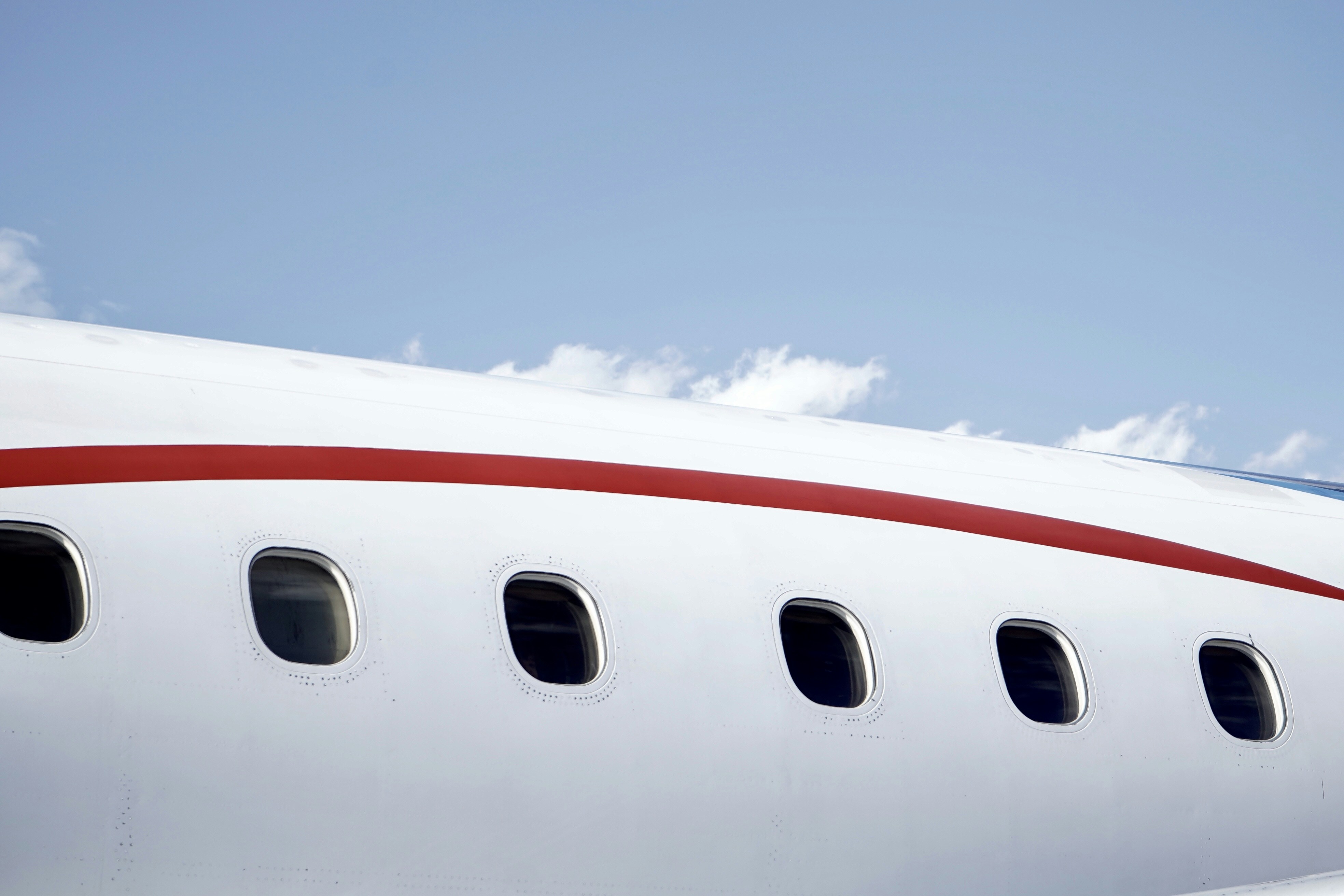joannvalley117
About joannvalley117
The Rise of Private Jet Charter: A Case Research On Luxury Travel
In recent times, the private jet charter business has witnessed vital growth, pushed by an rising demand for luxurious travel, convenience, and suppleness. This case examine explores the factors contributing to the rise of private jet charter providers, the evolving landscape of the trade, and the implications for travelers and service providers alike.
Background
The private jet charter market has historically catered to excessive-internet-price individuals and corporate clients seeking another to business air travel. Nonetheless, the panorama has modified dramatically over the past decade, with more people recognizing the benefits of chartering private jets. Based on a report by the global Business Aviation Affiliation (GBAA), the global private jet charter market is projected to reach $forty billion by 2025, rising at a compound annual growth charge (CAGR) of 5.3%.
Components Driving Demand
- Comfort and suppleness: One of many most significant advantages of private jet charter is the comfort it provides. Travelers can choose their departure occasions, keep away from lengthy security lines, and entry thousands of airports worldwide, together with those not serviced by business airlines. If you have any concerns concerning where and the best ways to use Privatejetcardreview.Com, you can call us at our web site. This flexibility is especially appealing to business travelers who need to maximise their time and decrease travel disruptions.
- Time Effectivity: Private jets significantly reduce journey time. With the flexibility to fly directly to a vacation spot with out layovers, travelers can save hours, making it a beautiful option for those with tight schedules. As an illustration, a flight from New York to Los Angeles on a business airline could take upwards of six hours, while a private jet can full the journey in about 4 hours.
- Enhanced Consolation and Privateness: Private jets offer a stage of consolation and privacy that business airlines can’t match. Travelers can enjoy spacious cabins, custom-made catering, and the ability to conduct meetings or calm down without the distractions of fellow passengers. This facet is especially necessary for company shoppers who value confidentiality and a conducive environment for enterprise discussions.
- Technological Advancements: The rise of digital platforms and apps has made booking private jet charters easier than ever. Corporations like JetSuite, Wheels Up, and VistaJet have developed person-pleasant interfaces that permit clients to ebook flights, track aircraft availability, and receive actual-time pricing. These technological developments have democratized access to private jet travel, making it more interesting to a broader audience.
Market Segmentation
The private jet charter market will be segmented into varied categories based on customer demographics, flight goal, and aircraft type.
- Leisure vs. Business Travel: Whereas enterprise journey remains a major portion of the market, leisure travel has seen a surge, significantly throughout and after the COVID-19 pandemic. Families and groups searching for safe journey options have increasingly turned to private jets, leading to a diversification of the shopper base.
- On-Demand Charters vs. Membership Packages: On-demand charters enable prospects to e-book flights as wanted, while membership packages supply pay as you go flight hours or entry to a fleet of aircraft. Membership packages have gained reputation, as they supply value savings and assure availability during peak travel times.
- Aircraft Varieties: The market additionally varies primarily based on aircraft dimension and type, from small jets for short trips to bigger, long-range aircraft for international journey. Companies are more and more offering a diverse fleet to cater to completely different needs, ensuring that shoppers can discover the proper jet for their particular requirements.
Challenges Dealing with the Trade
Despite the expansion potential, the private jet charter trade faces several challenges:
- Regulatory Hurdles: The aviation industry is heavily regulated, and private jet charters must comply with varied security and operational standards. Navigating these regulations could be complicated and time-consuming, significantly for brand new entrants out there.
- Environmental Issues: With rising consciousness of local weather change, the environmental impact of private jets has come below scrutiny. Critics argue that private aviation contributes disproportionately to carbon emissions. In response, the business is exploring sustainable aviation fuels and carbon offset programs to mitigate its environmental footprint.
- Economic Fluctuations: The demand for private jet charters is sensitive to financial circumstances. During financial downturns, luxurious travel typically takes a success, leading to fluctuations in demand. Operators must stay agile and adapt their business models to navigate these economic cycles.
Case Instance: JetSuite
JetSuite, a number one player within the private jet charter market, exemplifies the trade’s evolution. Founded in 2006, JetSuite initially centered on offering affordable private jet travel for leisure and enterprise prospects. The company has since expanded its choices to include a membership program referred to as JetSuiteX, which operates semi-private flights to widespread destinations.
JetSuite’s success can be attributed to its dedication to customer support, modern expertise, and strategic partnerships. By leveraging a modern fleet of Embraer Phenom 100 and Phenom 300 jets, JetSuite has positioned itself as a competitive choice available in the market. The company’s consumer-pleasant app allows clients to guide flights, track aircraft, and manage their travel itineraries seamlessly.
In 2020, JetSuite faced challenges as a result of COVID-19 pandemic, which led to a short lived decline in demand. Nevertheless, the corporate quickly tailored by implementing rigorous health protocols and selling the security of private travel. As restrictions eased, JetSuite skilled a resurgence in bookings, notably from leisure travelers in search of protected journey choices.
Conclusion
The private jet charter industry is on an upward trajectory, driven by a mix of convenience, flexibility, and evolving customer preferences. While challenges stay, the sector’s resilience and adaptableness are evident within the methods employed by leading firms like JetSuite. As the market continues to develop, it holds the potential to redefine luxurious journey, making private jet charter services more accessible to a wider viewers. The way forward for private aviation appears promising, with innovations in know-how and sustainability paving the best way for a brand new period in air journey.
No listing found.

